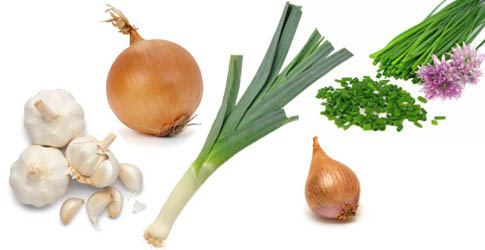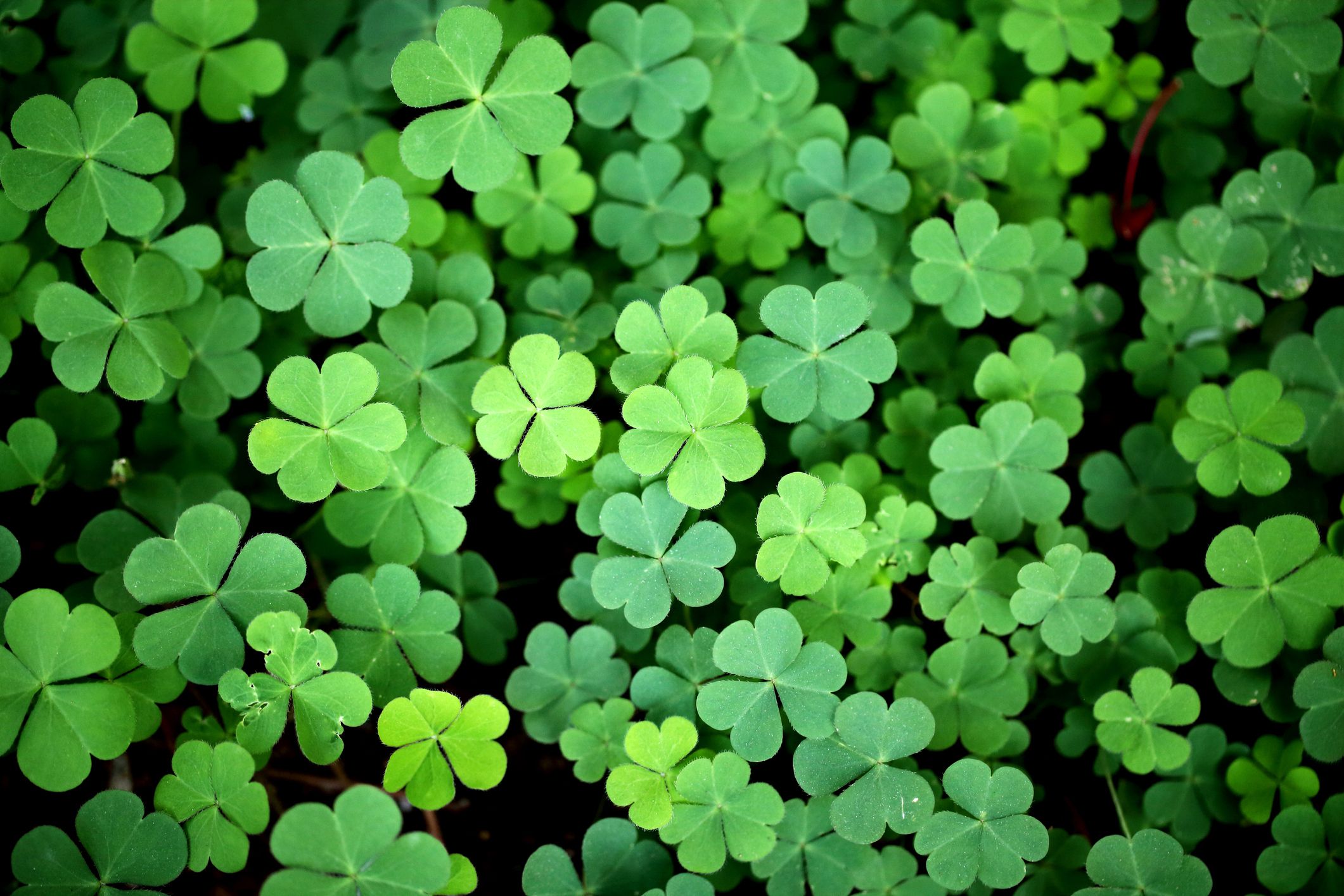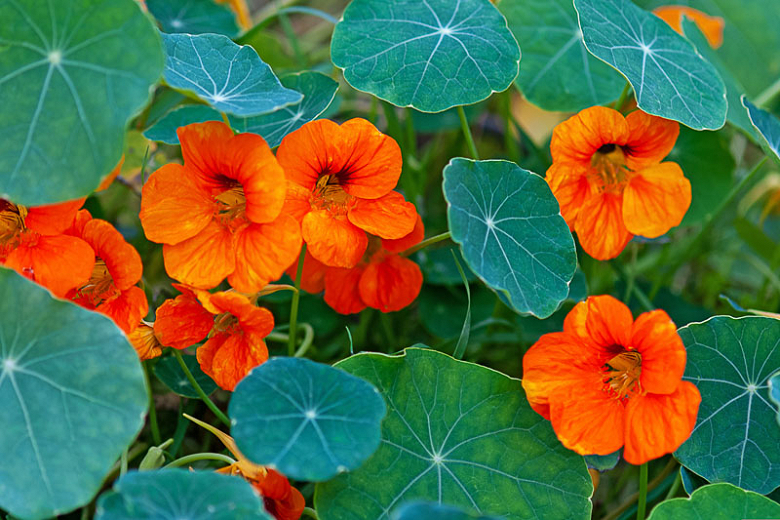Companion Plants That Will Help Your Pear Trees Thrive
Companion Planting That Will Help Your Pear Trees Thrive
Pear trees are a delicious and versatile fruit that can be enjoyed in many different ways. However, in order to produce a bountiful harvest, pear trees need to be properly cared for. One important aspect of caring for pear trees is companion planting.
Companion planting is the practice of planting certain plants together in order to benefit each other. There are many different companion plants that can be beneficial for pear trees, but some of the best include:
- Allium family members: Alliums, such as garlic, onions, and chives, can help to repel pests and diseases from pear trees. They also release sulfur into the soil, which can help to improve the health of the tree.

- Lavender: Lavender is a fragrant herb that can help to deter pests, such as moths and beetles. It also attracts pollinators, such as bees and butterflies, which can help to pollinate the pear tree's flowers.

- Dandelions: Dandelions are often seen as weeds, but they can actually be beneficial for pear trees. They help to improve the soil's drainage and aeration, and they also release nutrients into the soil that can be used by the pear tree.

- Herbs: Many herbs, such as basil, oregano, rosemary, and thyme, can help to improve the health of pear trees. They release beneficial compounds into the soil that can help to deter pests and diseases. They also attract pollinators, which can help to pollinate the pear tree's flowers.

- Clover: Clover is a nitrogen-fixing plant that can help to improve the soil's fertility. It also helps to suppress weeds and attract pollinators.

- Mustard: Mustard is a fast-growing plant that can help to suppress weeds and improve the soil's drainage. It also releases sulfur into the soil, which can help to improve the health of the tree.

- Nasturtiums: Nasturtiums are a colorful and attractive flower that can help to attract pollinators. They also release compounds into the soil that can help to deter pests.

- Aster family flowers: Aster family flowers, such as marigolds and chrysanthemums, can help to attract pollinators and deter pests. They also release beneficial compounds into the soil that can help to improve the health of the tree.

In addition to these specific plants, there are a few general principles that can be followed when companion planting with pear trees. For example, it is a good idea to plant companion plants that have similar water and sunlight requirements. It is also important to avoid planting companion plants that compete with the pear tree for nutrients.
By following these principles, you can help to ensure that your pear trees thrive. With the right companion plants, you can improve the health of your tree, deter pests, and attract pollinators. This will help you to enjoy a bountiful harvest of delicious pears for years to come.
Pear trees are a delicious and versatile fruit, but they can be susceptible to pests and diseases. One way to help protect your pear tree is to plant companion plants nearby. Companion plants are those that benefit each other in some way. For example, some companion plants can attract pollinators, which help to pollinate the pear tree and produce more fruit. Others can help to suppress weeds, improve the soil, or repel pests.
There are many different companion plants that can be beneficial for pear trees. Some of the most popular include:
- Allium family members: These plants, such as garlic, onions, and chives, help to repel pests and diseases.
- Lavender: This herb helps to deter pests and attract pollinators.
- Dandelions: These flowers help to improve the soil and suppress weeds.
- Herbs: Many herbs, such as basil, oregano, and rosemary, help to attract pollinators and improve the soil.
- Clover: This groundcover helps to suppress weeds and improve the soil.
- Nasturtiums: These flowers help to attract pollinators and repel pests.
- Aster family members: These flowers, such as marigolds and chrysanthemums, help to attract pollinators and repel pests.
If you are looking for more information about companion plants for pear trees, I recommend visiting the Gardenia Inspiration. This website has a comprehensive list of companion plants, as well as information on how to plant and care for them.
FAQ of companion plants for pear trees
Q: What are the best companion plants for pear trees?
A: The best companion plants for pear trees are those that attract pollinators, suppress weeds, improve soil quality, and deter pests. Some of the best companion plants for pear trees include:
- Allium family members (garlic, chives, onions)
- Lavender
- Dandelions
- Herbs (borage, cilantro, dill)
- Clover
- Mustard
- Flowers (nasturtiums, aster family members)
- Other pear trees
Q: How do companion plants benefit pear trees?
A: Companion plants benefit pear trees in a number of ways. For example, they can:
- Attract pollinators, which help to pollinate the pear trees and increase fruit production.
- Suppress weeds, which can compete with the pear trees for water and nutrients.
- Improve soil quality by adding organic matter and nutrients.
- Deter pests, such as aphids, mites, and rabbits.
Q: How close should companion plants be planted to pear trees?
A: Companion plants should be planted within 50 feet of pear trees to maximize their benefits. However, some companion plants, such as garlic and chives, can be planted closer to the pear trees, as they have shallow roots that will not compete with the pear trees for water and nutrients.
Q: Do pear trees need to be planted next to each other?
A: Pear trees do not need to be planted next to each other, but they can benefit from being planted near other pear trees. This is because pear trees are self-pollinating, but they produce more fruit when they are cross-pollinated. Planting two or more pear trees of different varieties will help to ensure that the trees are cross-pollinated and produce more fruit.
Q: What is the easiest pear tree to grow?
A: The easiest pear tree to grow is the Bartlett pear. Bartlett pears are hardy, disease-resistant, and easy to care for. They also produce large, sweet fruits.
Post a Comment for " Companion Plants That Will Help Your Pear Trees Thrive"